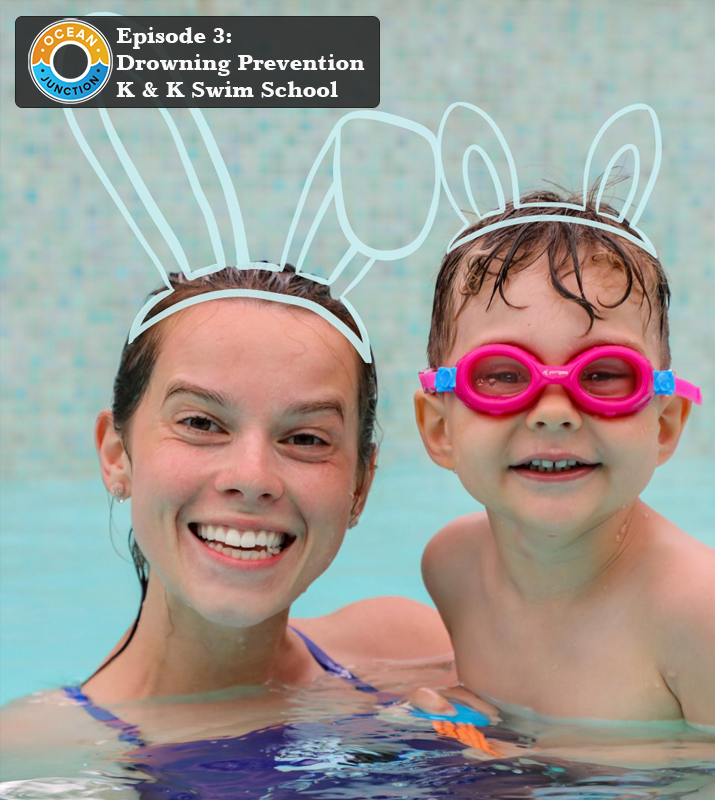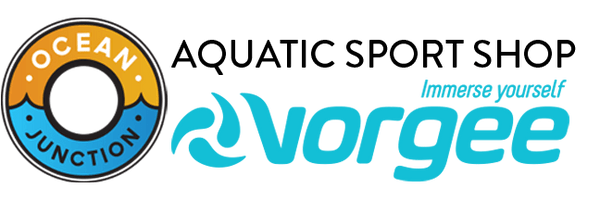In this third episode of our drowning prevention series, we speak with Kaylee Kennedy from the K & K Swim School. Operating on Saskatchewan and Alberta, Kaylee will bring us her message on drowning prevention and give us a little glimpse into what she does and give us a little insight into the swim school itself.

